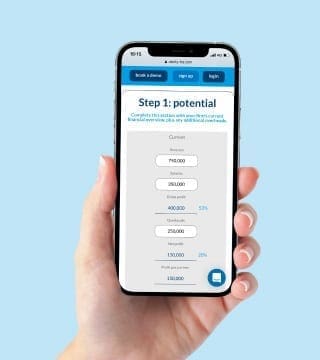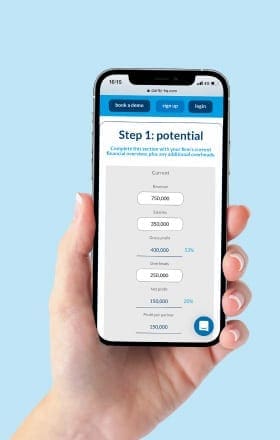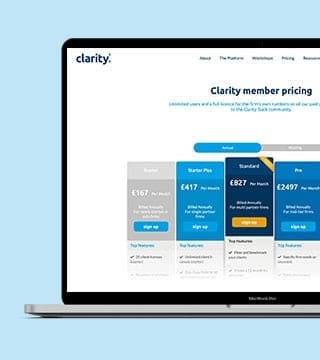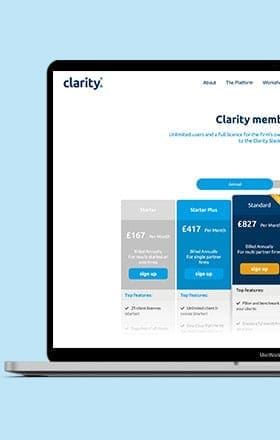Our CEO, Aynsley Damery, sheds some light on what blockchain actually is, in laymen’s terms.
Many people that I have spoken to recently, in both the business and accounting worlds, are seriously confused about blockchain. It’s definitely a complicated subject and the applications for its use are endless, so blockchain can often seem daunting. However, I think it’s the use of so much jargon, confusion over the use of the term and its interconnection with Bitcoin that cause most of the issues.
There’s no doubt that blockchain will play a massive role in the future of business, let alone the impact on bookkeeping, audit and accounting. That’s why it’s important that we get to grips with what it means and how it will effect our professions.
What is blockchain?
Like most people, when I come across a term and want a definition, I go to Google. This is what I found on wikipedia when I searched for blockchain, “Blockchain is a decentralized, distributed and public digital ledger that is used to record transactions across many computers so that the record cannot be altered retroactively without the alteration of all subsequent blocks and the collusion of the network”. What on earth does that mean?
Plain English
In simple terms, blockchain is a database that records transactions. There are many different types of databases or blockchains. Each one is stored in the cloud on multiple machines and they can record the transactions of any asset with value.
Numerous transactions are stored on a single block, much like words on a page. And each block is linked to the previous and subsequent blocks, much like page numbers in a book, creating a chain. Hence the term blockchain.
Because these databases sit on multiple computers at the same time, use cryptography, algorithms and other methods of security, they are very difficult to hack. To alter or delete a record is almost impossible and would need the approval of a majority of computers on the network.
So if it’s just another database, why is everyone so excited?
Well, we often need a central authority or intermediary to maintain a database. Think of the land registry for buildings and land, and banks for accounts. We need to have trust in that central authority for currency to have value, so that money can’t be spent twice, so that value can be transferred, that records won’t be altered, deleted and so on. If we lose trust in the central authority, all those attributes fail.
The use of intermediaries slows down transactions and increases costs. For example, lawyers and government authorities with land transactions or banks and credit card companies with purchases.
If you consider for a moment the number of transactions and intermediaries that are involved when you purchase an item in a store with your credit card. The retailer uses a third party terminal to contact their merchant bank, who then contacts the credit card network, who contacts the credit card issuer who authorises the transaction. And that’s just for authorisation! We haven’t looked at the payment flows from your bank to the retailer’s bank and all the steps, time and intermediaries involved. Each intermediary taking a cut from the transaction.
What if we didn’t need a central authority?
Think blockchain!
Blockchain is not Bitcoin
Hopefully now you can see the difference between Bitcoin and blockchain. Bitcoin is just one of the many assets that can be recorded and transferred using a blockchain. Bitcoin is a cryptocurrency, a growing asset class that shares some characteristics of traditional currencies, with verification based on cryptography. And Bitcoin uses its own blockchain to record transactions in this cryptocurrency.
What are some other advantages?
In addition to the removal of intermediaries, increased transaction speed and cost reduction, blockchain can also improve transparency and trust, reduce the risk of hacking, server downtime and loss of data and provide a very clear trail, allowing any transaction to be easily investigated and audited. Almost anything of value can be recorded using a blockchain and it is relatively easy to create applications that use existing blockchains, without significant investment in infrastructure.
The future
It’s difficult to know how far and how fast blockchain technology will go. For many, it’s like the early days of the internet all over again! What is certain, is that you will need to understand what impact it may have on your industry over the coming years and what you need to do now to prepare.






